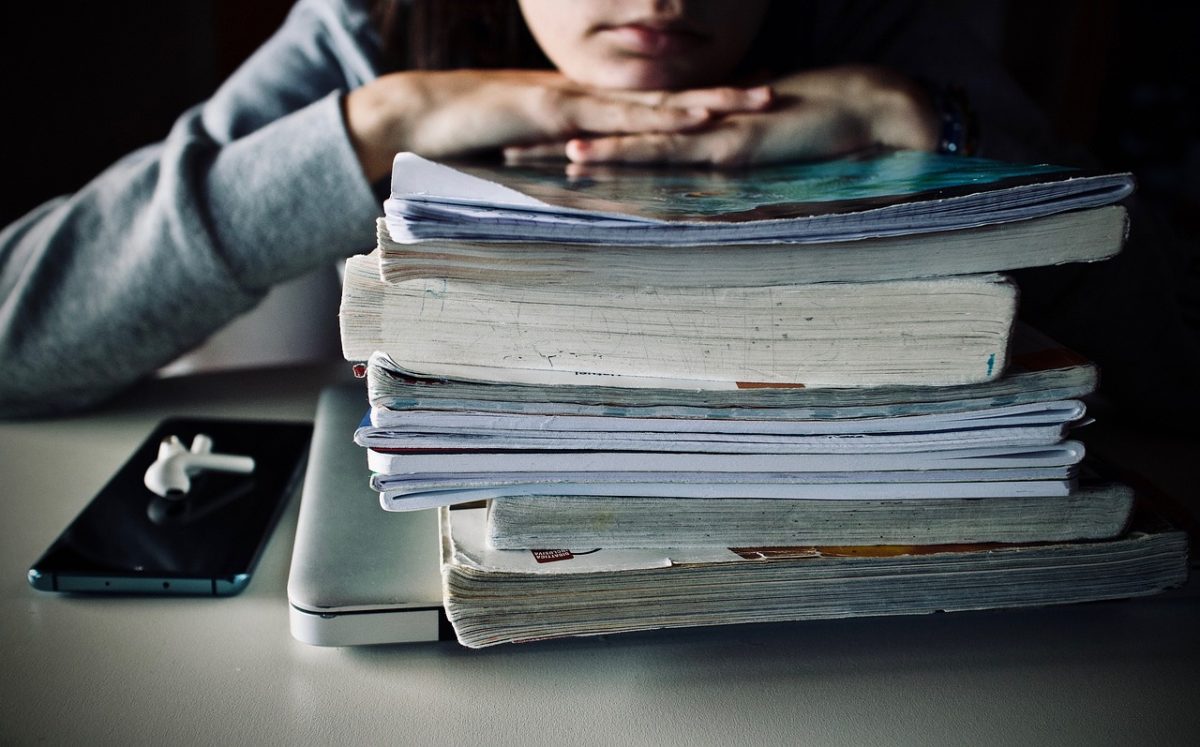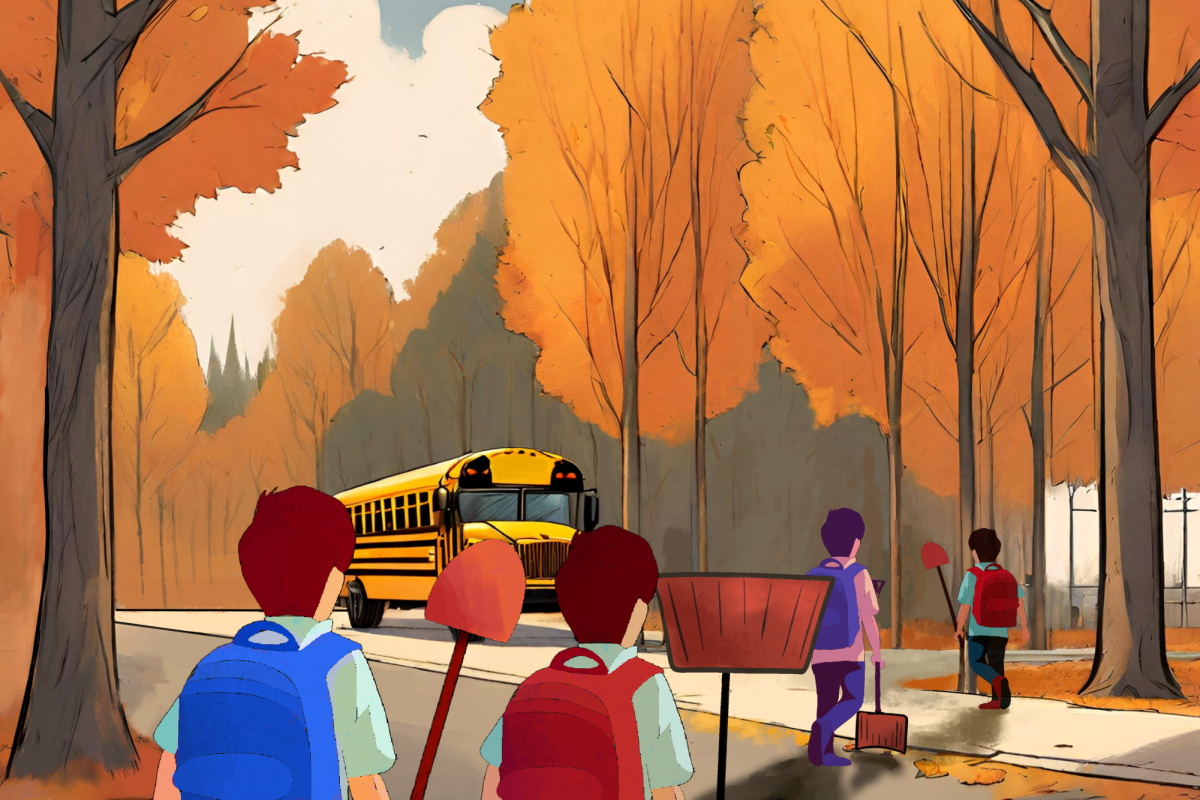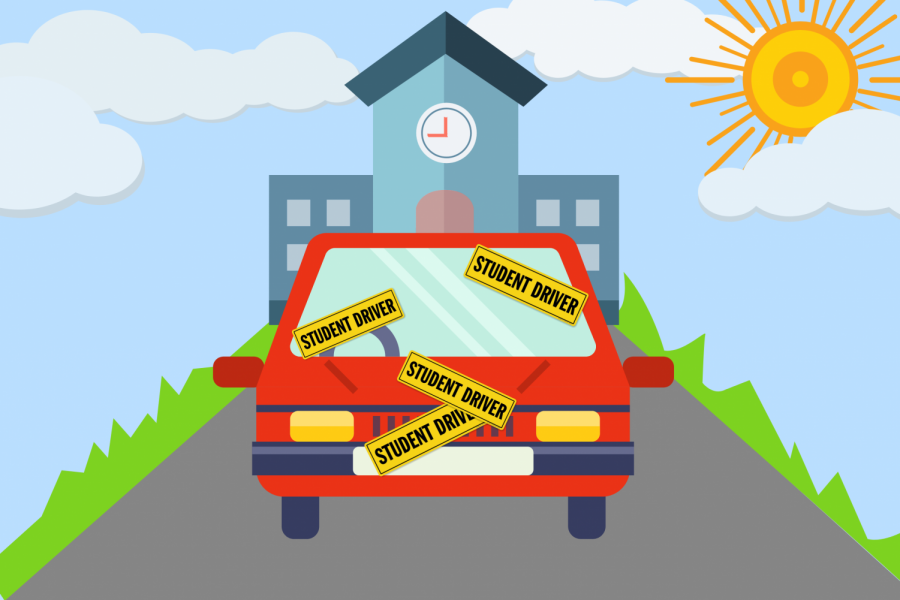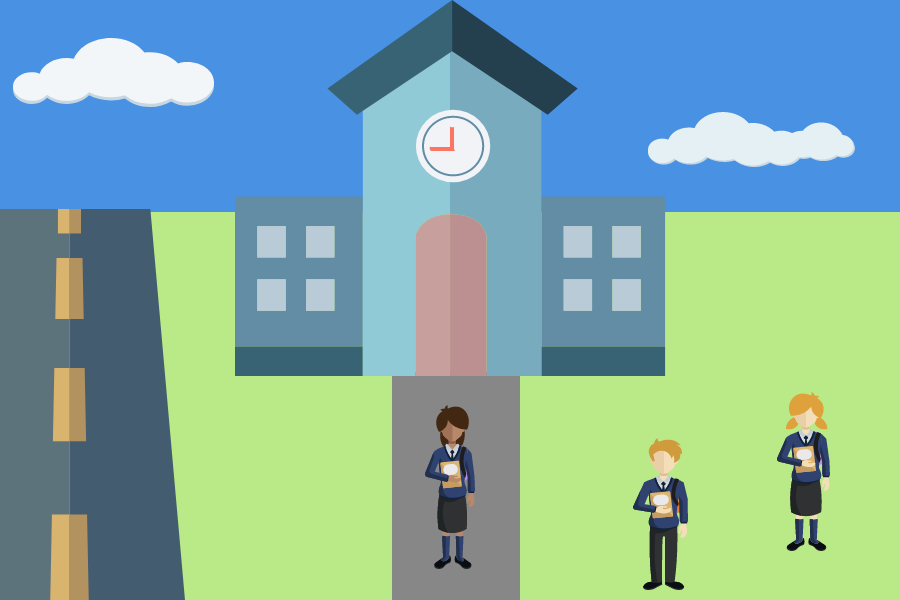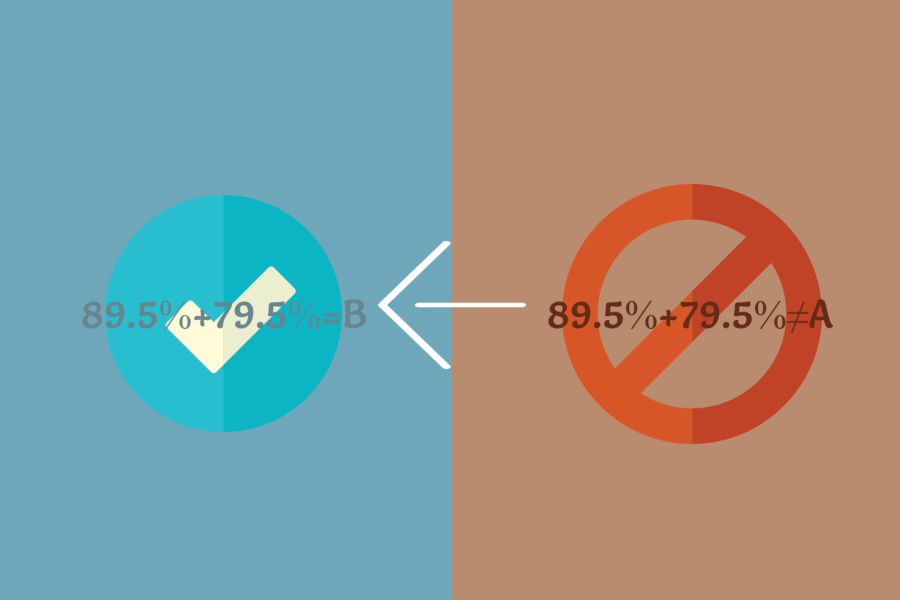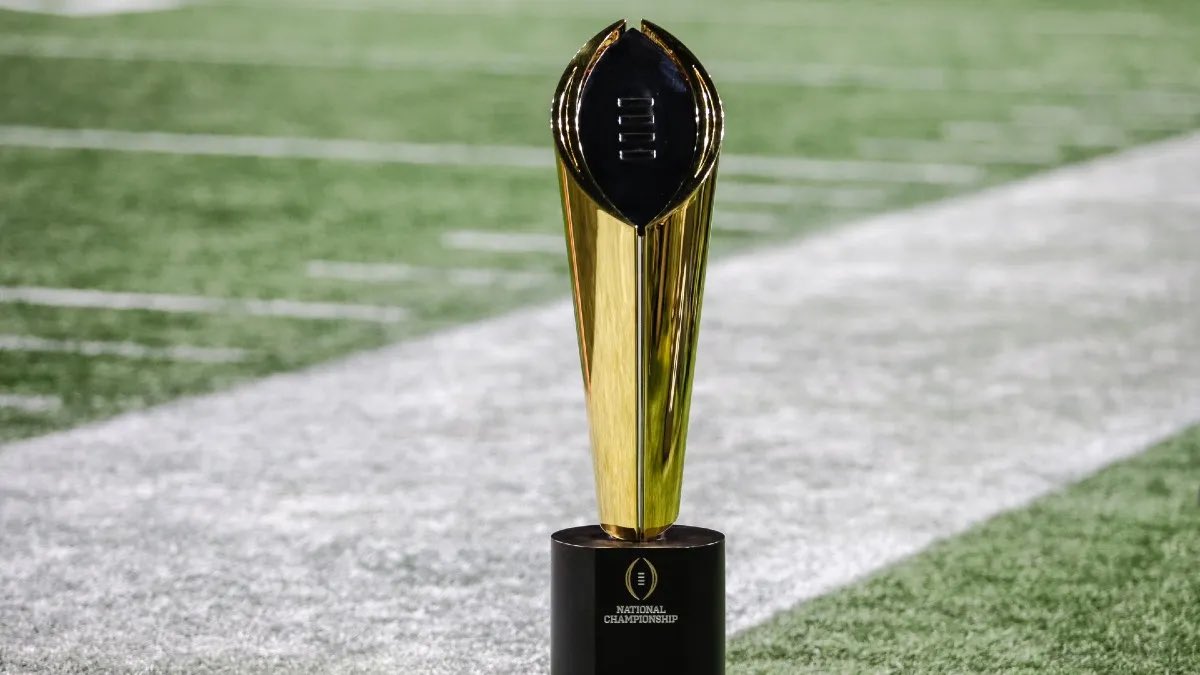In 2019, Pew conducted a survey asking students around the country to record the amount of time they spent per day on various activities. To see how Whitman students compare, The Black & White surveyed 97 students from all grade levels about their stress and how they spend their time. The survey was modeled after Pew’s survey, and the results reveal the differences between Whitman students and the average American student, as well as the differences within the student body in their amount of homework, sleep and free time.
The average American teenager does an hour of homework each day, half as much as the average Whitman student, who spends two hours on homework per day. Only 15% of Whitman students average one hour or less per day and more than one-third of students fill three or more hours of an average day with homework.
Part of the reason for these high statistics may be student expectations, said junior Daniella Ibrahim.
“There’s this culture around ‘can you be the busiest?’” Ibrahim said. “It’s a flex to sleep the least but work the most.”
Experts recommend that teens get at least eight hours of sleep per night. However, Whitman students are not meeting that benchmark. The average Whitman student gets 6.7 hours per night, with only a quarter of students meeting the eight-hour benchmark and 40% getting six or fewer hours. This low amount of sleep is linked to several harmful side effects, such as irritability, depression and anxiety. In addition, one in seven students gets five hours or less each day.
This last statistic is particularly worrying for English teacher Alice Kliefoth.
“If I have 28 kids in a class, that’s a whole group or two of kids sitting in my class whose brains are not fully there,” Kliefoth said. “That’s a lot of kids.”
Students were also asked to report the amount of time they spend on smaller parts of their daily lives such as running errands (23 minutes on average), hygiene (34 minutes), volunteering/working (43 minutes) and eating (48 minutes). With the exception of volunteering and working, Whitman students spend less time than their average American counterparts in every category.
High schoolers get jobs for all sorts of reasons including gaining experience in the workforce and money. These reasons have enticed around 20% of high school students to work or volunteer during the school year. At Whitman, 37% of surveyed students work or volunteer although it is unclear what the breakdown is between those working and those volunteering. These students average two hours of work/volunteering per day. Interestingly, working students do the same amount of homework, get the same amount of sleep and even rate themselves as slightly less stressed than their non-working counterparts.
These numbers make sense to junior Charlie Levine who has a weekend job.
“People with jobs, they tend to be a bit more responsible,” he said. “They know how to manage their time better, so they’re able to keep the rest of their life in check [and] keep on a schedule without negatively impacting their mental health or their sleep schedule.”
Even though Whitman students save time on errands, hygiene and sleep, they still lose free time compared to average students, as homework dominates time outside of school. In fact, Whitman students have 48% of the free time of an average American student.
Those lost hours of free time might result from less electronic use. The average high school student spends three hours on screens, while Whitman students spend two hours on electronics.
However, free time totals include time spent socializing, which Whitman students reported doing for 70 minutes per day, the national average according to Pew.
As for stress, the average Whitman student rated their stress as a 6.1 out of 10, with less than a fourth of students rating their stress as an 8 or above. A plurality of students cited a math class as their biggest stressor (37%), with science (20%) and English (19%) as the second and third biggest classroom causes of student stress. Within those subjects, there was no consensus on which class caused the most stress, although Honors Biology, Algebra 2 and AP English Literature all received multiple shoutouts.
But when it comes to expectations around stress, there’s a clear rift between what Whitman students expect about their fellow student’s stress and what they actually feel.
Whitman students expect their fellow students’ stress to be at 6.7 out of 10, 0.6 points higher than reality. They also expect their peers to get 6 hours and 15 minutes of sleep, an error margin of 27 minutes while also expecting classmates to have 30 minutes more homework than they do.
For Levine, these gaps exist because of what gets emphasized in conversations between students.
“I think it’s just what people talk about,” Levine said. “People hear people constantly talking about how [they] only got three hours of sleep last night [or were] up all night studying. You don’t hear people saying ‘I just got 10 hours of sleep.’ ‘I only spent an hour on homework.’ You only hear the negative things. So then you put that into your expectations.”
These discrepancies exist across genders and grades, although the actual numbers vary between those groups. Female students are more stressed and have more homework than male students, although it’s important to note that these numbers are slightly less reliable given the smaller sample size. Whitman girls do 24 more minutes of homework than boys — two hours and 10 minutes to an hour and 46 minutes — and rate themselves as 10% more stressed than their male counterparts. Although, both groups average six hours and 42 minutes of sleep per night.
The difference between genders lies in expectations, said junior Luciana Leyton.
“There’s definitely some gender stereotypes where girls are believed to try less in academics,” Leyton said. “That’s why girls feel like they have to prove themselves, leading to more stress.”
While most respondents were not surprised by the differences between the genders, they were surprised by the difference between underclassmen and upperclassmen. Contrary to expectations, underclassmen do more homework and are more stressed than their upperclassmen counterparts, even though sleep levels are fairly consistent between the groups. Underclassmen have 21 minutes of extra homework and rate themselves as 22% more stressed.
“Once you get to be a junior or senior, you start prioritizing a little bit better,” Kliefoth said. “You just have to look at your own strengths and not let your mind be your worst enemy. Push yourself, but compete with yourself, don’t compete with others.”



